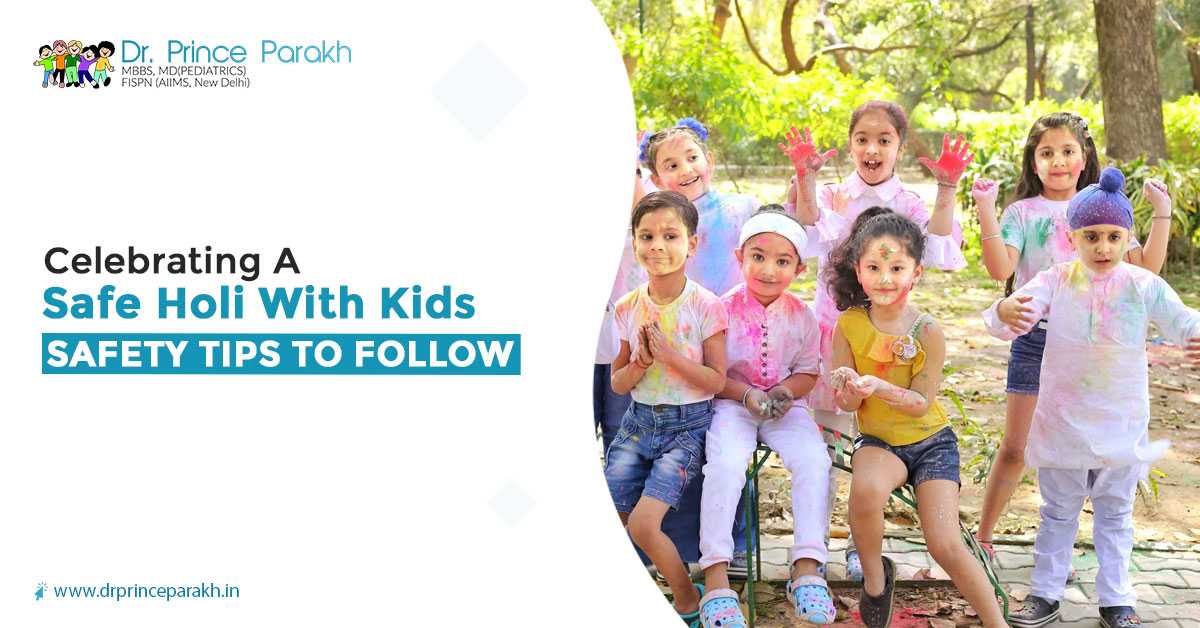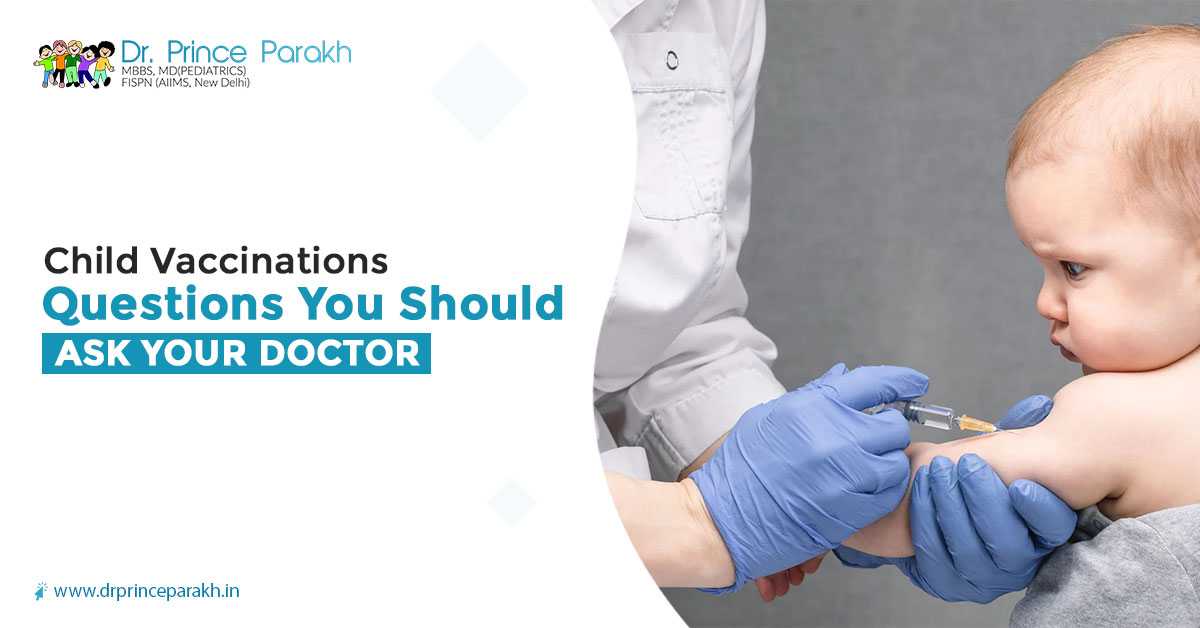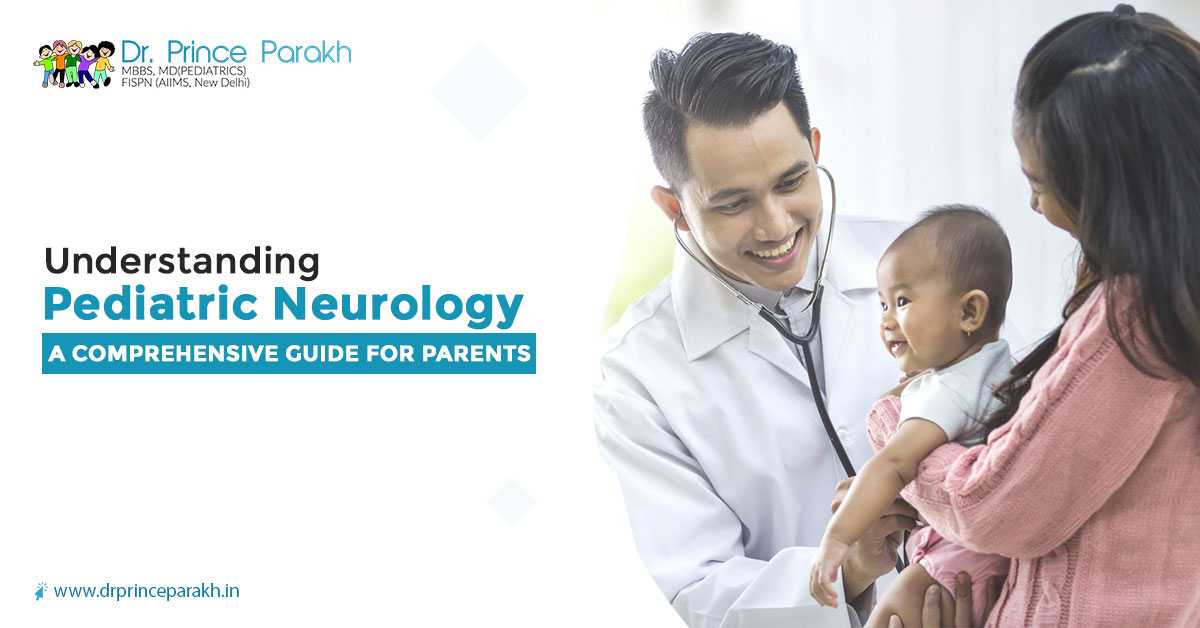Breastfeeding exclusively does not cause any food allergies or sensitivities in babies. However recent studies have suggested that breastfeeding may help delay some types of allergies or prevent them altogether. The risk of food allergies has risen exponentially in the recent years. Allergy risk is a mixture of genetic and environmental variables and breastfeeding is just one of the several variables that affect the baby’s health. Consult a child development specialist in Siliguri to know more.
Table of contents:
- Allergies in babies
- Anti-bodies in breast milk
- What findings suggest
Allergies in babies
Children and babies can experience the complete range of allergic conditions including rhinitis, skin allergies, food allergies, eczema, asthma and more. Allergic reactions may be caused as a result of immunologic changes in immunoglobulin E which is an antibody formed by the immune system. They can also be non-Ig E mediated and instead involve mast cells and basophiles. Babies may be predisposed before they come into the world, but may not have a reaction until they have had repeated exposure to the allergen. In some cases an allergy may be obvious only when the babies are much older.
Antibodies in Breast Milk
There are five antibodies in breast milk, which are Immunoglobulins A, D, G, M, and the Ig E. Each of these antibodies serves its own function to help the body stay healthy and to avoid allergies.
While further research is still needed, studies suggests that passing these antibodies to a baby via breast milk may help reduce or prevent some types of allergies in some babies. Though, it may have no significant effect on others.
What findings suggest
Although the issue is still debated, here are a few findings that may help you understand it better.
Breastfed infants may be less likely to develop eczema: Exclusive breastfeeding or breastfeeding and supplementing with a hydrolyzed infant formula have been shown to reduce the risk of eczema in babies.
Breastfeeding may "boost" a baby's immune response: In one mouse study, researchers found that a mother's milk contains complexes of food proteins that are then combined with her antibodies. This combination is then passed to the breastfeeding infant through the mother’s breast milk. The infant's immune system then takes up these protein-antibodies strengthening the immune system. Further research is required in human babies.
Breastfeeding may not reduce the risk of asthma: The studies suggested that breastfeeding a child did not play a role in preventing asthma and hay fever later in life.
Avoidance diets do not prevent allergies:Breastfeeding women were suggested to avoid foods that caused allergy like dairy, eggs and peanuts. Recent studies show that doing so is not necessary.
Dr. Prince Parakh is one of the best child development specialists in Siliguri. He is a newborn, Child & Adolescent specialist. He is especially dedicated to Neonatology, Vaccinology, Childhood Asthma, Paediatric Nephrology, infectious Diseases, and Behavioural Problems, New born and paediatric critical care. He is one of the leading and reputed child development specialists in Siliguri and has been awarded Icon of North Bengal Award.






